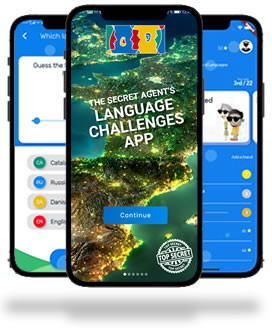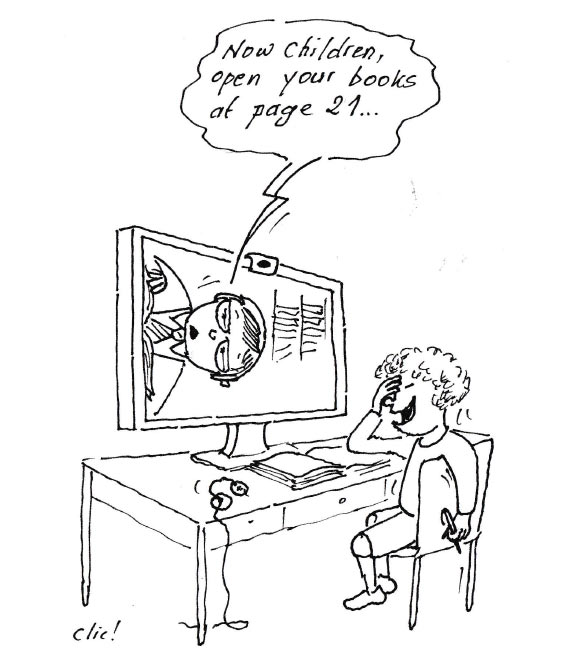“The European Day of Languages gives us an opportunity to value and promote all languages and cultures in Europe. This year we are putting a special focus on inclusive language education, which supports all learners to reach their potential and play an active part in diverse and democratic societies”
It is estimated that there are over 225 indigenous languages in Europe, without even including languages which have arrived on the continent through migration.
Secretary General Marija Pejčinović Burić
The specific aims of the EDL are to:
- raise awareness of the importance of language learning in order to increase plurilinguism and intercultural understanding;
- promote the rich linguistic and cultural diversity of Europe;
- encourage lifelong language learning in and out of school.
European Day of Languages
https://www.facebook.com/EuropeanDayofLanguages/
- Education:
A dedicated website, which is available in 41 languages (some partly), provides details of the hundreds of events taking place in celebration of the Day, as well as a wide variety of resources and activities for everyone interested in languages and language learning.
New! Activities :
https://edl.ecml.at/Portals/
Poster : "20 things you might not know about Europe's languages"
In 10 languages.
- App: The secret agent’s language challenges app
The challenges and quizzes contained within this app encourage learners – future international agents – to take advantage of the plentiful opportunities available to practice or learn more about a language beyond a classroom context.
By passing through a series of levels you can rise from a lowly agent in training to become a master secret agent.
Students can compete with friends and schoolmates in achieving challenges, identifying countries and languages and completing quizzes.
The challenges go from the easy, such as, “count from 1-10 in 3 different languages within one minute” to ones that are a bit more demanding, “together with a friend, write the words to a song/rap in a foreign language.
During this short journey, students will discover lots of similarities. European languages largely fall into three main categories: Slavic, Romance and Germanic, the languages within each group have the same roots – however, over centuries they have developed in their own distinct directions. You will also find out about their differences: the variety of alphabets (such as Latin, Cyrillic, Greek, Armenian and Georgian), often using artistic scripts; how they deal with creating words for new inventions and their sometimes mysterious origins. All have a unique identity and their own story to tell!
Download book here
https://edl.ecml.at/
App: The Secret Agent's Language Challenges app
An app, created specifically for the EDL, encourages users to carry out a series of language challenges, thereby developing further competence and confidence in using different languages.
The app offers a wide range of challenges to keep language learners motivated – in particular during a prolonged period away from the ‘physical’ language classroom.
The app can easily be used by students/children independently or together with teachers and parents. Lots of fun and in more than 15 languages!
iOS: https://apple.co/3mq7qfz
Android: https://bit.ly/3hFp2QG
- Languages facts
- Language games
- Languages fun























